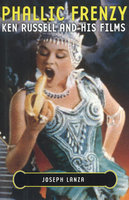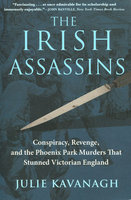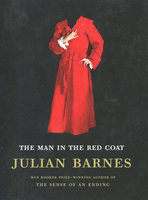New, Quality Books - 50-90% off, over 2500 titles
Your basket is empty.
Categories Last Chance to buy! MOST DANGEROUS BOOK: The Battle for James Joyce's Ulysses
MOST DANGEROUS BOOK: The Battle for James Joyce's Ulysses
Book number: 93294
Product format: Paperback
In stock
Bibliophile price
£4.00
Published price
£9.99
Customers who bought this product also bought
|
PHALLIC FRENZY: Ken Russell and His Films
Book number: 93409
Product format: Hardback
Bibliophile price
£6.50
Published price
£22.50
|
EDINBURGH IN THE GREAT WAR
Book number: 93221
Product format: Paperback
Bibliophile price
£3.00
Published price
£12.99
|
IRISH ASSASSINS
Book number: 93879
Product format: Paperback
Bibliophile price
£5.00
Published price
£12.99
|
|
|
MASSIMO LISTRI: The World's Most Beautiful Libraries
Book number: 93053
Product format: Hardback
Bibliophile price
£20.00
|
MAN IN THE RED COAT
Book number: 93882
Product format: Hardback
Bibliophile price
£8.00
Published price
$35
|
Browse these categories as well: Last Chance to buy!, Books About Books, Literature & Classics







